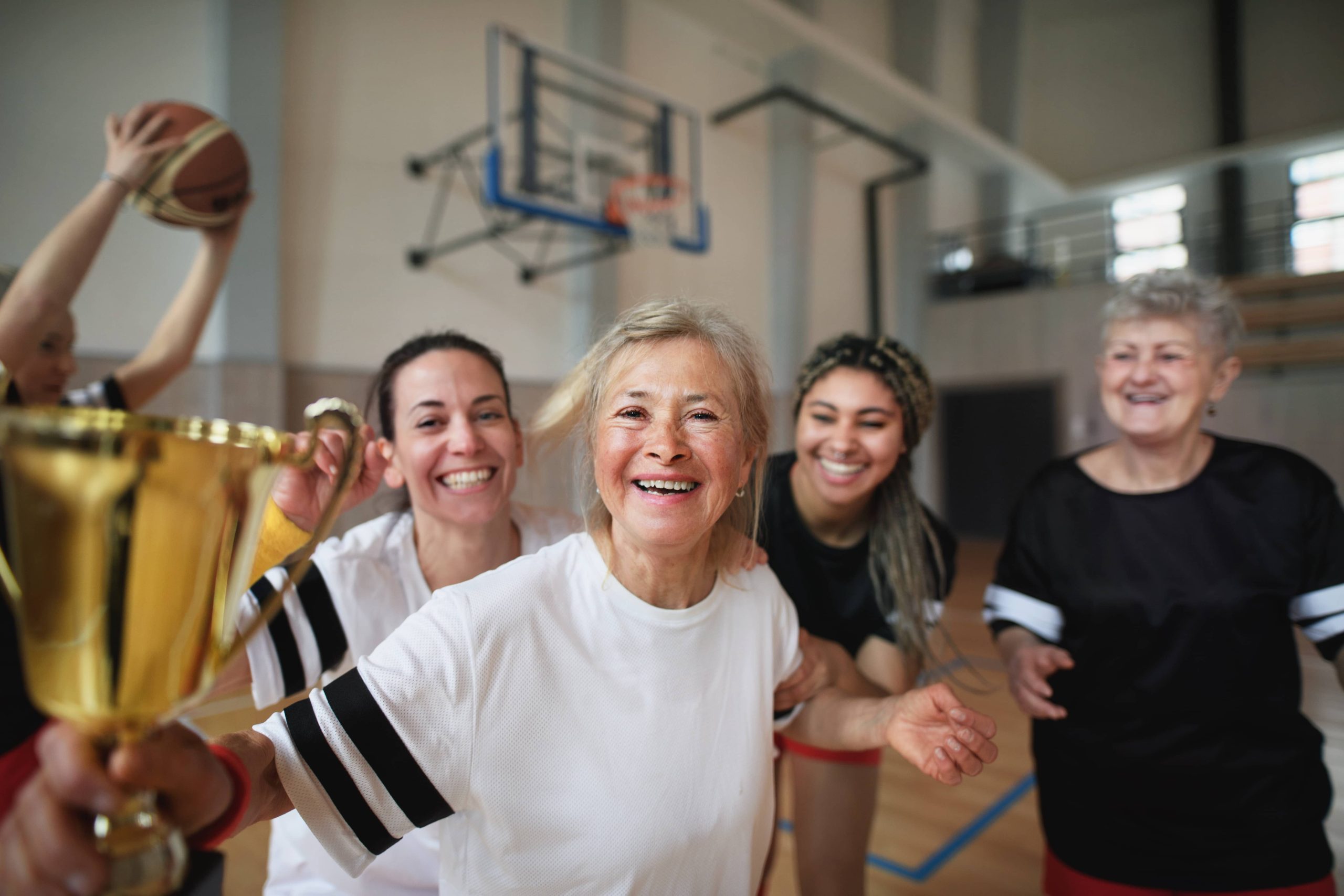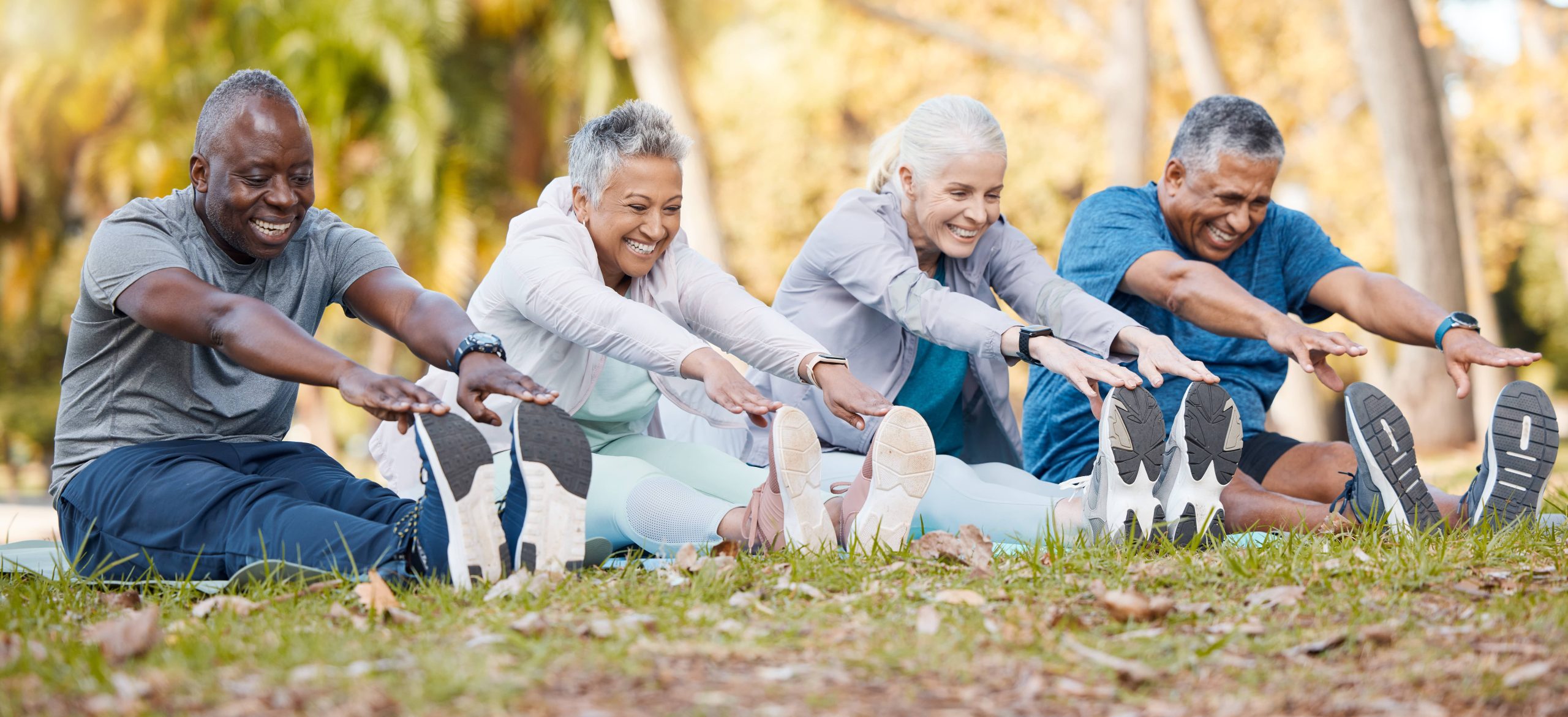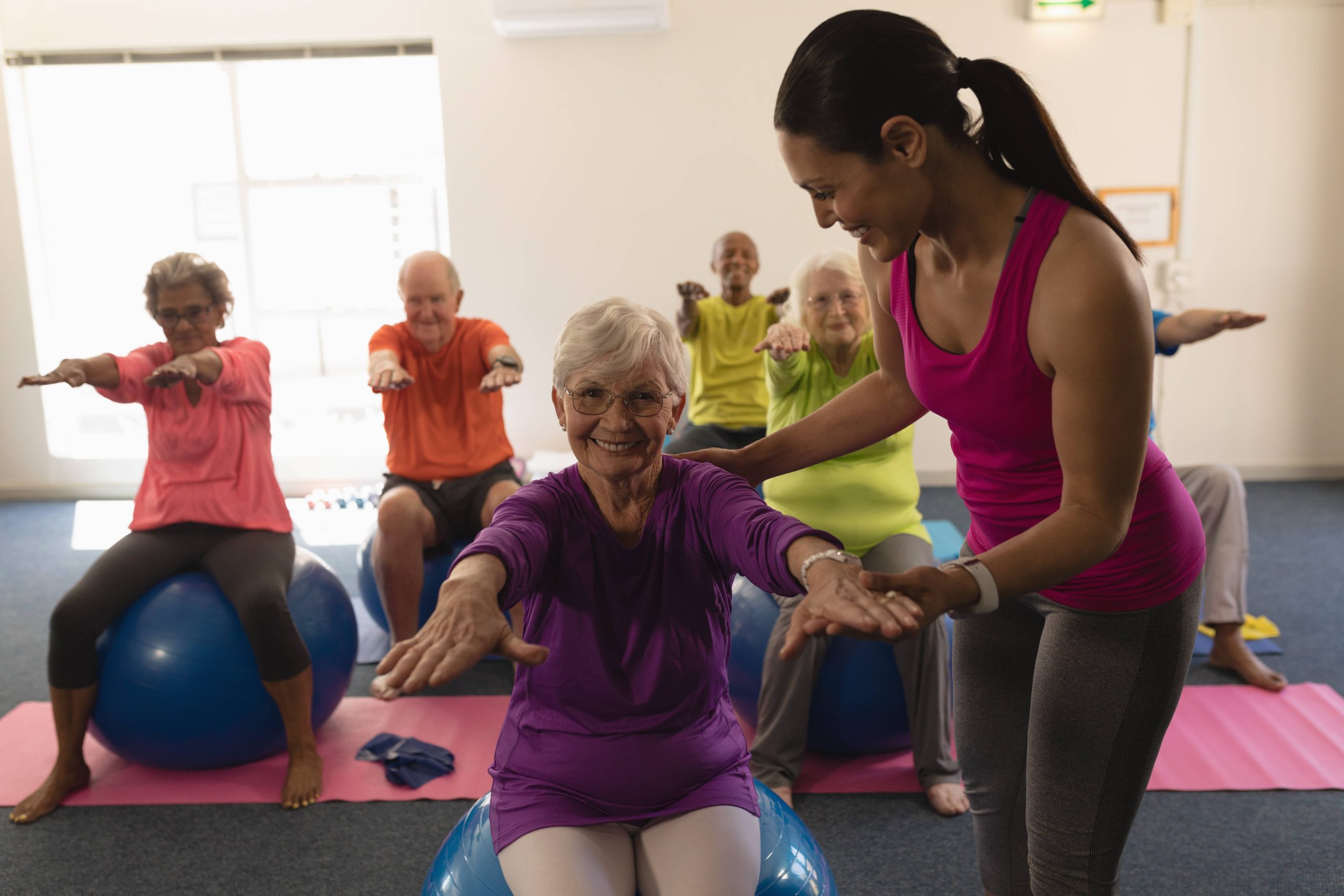
In the journey towards personal growth and behavioral change, self-esteem plays a pivotal role. Elevated self-esteem not only empowers individuals to embrace their authentic selves but also motivates positive action and resilience in the face of challenges. It’s a cornerstone of mental health and is integral for individuals seeking to make sustained changes in their lives. Here are six effective methods to enhance self-esteem among participants in your programs or workshops.
1. Facilitate Self-Reflection
Self-reflection is at the heart of personal growth. Encouraging participants to engage in regular self-reflection allows them to understand their strengths, weaknesses, goals, and values more deeply.
– Journaling: Encourage participants to maintain a daily journal. Writing about their thoughts, achievements, and areas for improvement can provide clarity and increase self-awareness. Journaling is not just about documenting everyday events; it’s a means to explore personal feelings and thoughts and to celebrate small victories often overshadowed by self-doubt.
– Guided Meditation: Incorporate guided meditation sessions that focus on self-compassion and self-appreciation. These exercises can help participants develop a more forgiving and positive self-view, crucial for building self-esteem.
2. Teach Self-Compassion
Self-compassion is about treating oneself with kindness rather than harsh self-criticism. Often, the journey to higher self-esteem is thwarted by an internal dialogue filled with harsh judgments and unattainable standards.
– Understanding Self-Compassion: Start by helping participants understand the concept of self-compassion. Explain that everyone makes mistakes and experiences setbacks; it’s important to treat oneself kindly during these times.
– Exercises on Self-Kindness: Implement exercises that encourage participants to replace self-critical thoughts with affirming and comforting ones. For instance, when encountering failure, guide them to acknowledge their pain, understand it’s a shared human experience, and talk to themselves in the same supportive way they’d talk to a friend.
3. Set Achievable Goals
Setting realistic and achievable goals can greatly enhance self-esteem. When participants achieve these milestones, it reinforces their capabilities and boosts their confidence.
– SMART Goals: Introduce the concept of SMART goals (Specific, Measurable, Achievable, Relevant, Time-bound) to help participants create structured and attainable objectives. For instance, instead of setting a vague goal like “be healthier,” a SMART goal would be “walk 10,000 steps five times a week.”
– Celebrate Achievements: Encourage participants to track their progress and celebrate their achievements. Small wins, when acknowledged, can add up to a significant boost in self-esteem and motivate further achievement.
4. Promote Positive Relationships
The relationships individuals maintain with others significantly affect how they perceive themselves. Positive, supportive relationships can enhance self-esteem, while toxic ones can undermine it.
– Community Building: Implement activities that foster a supportive community among participants. Group discussions, peer mentoring, and team projects can create bonds, encouraging participants to share experiences and learn from each other.
– Boundary Setting: Educate participants on the importance of setting healthy boundaries. Knowing how to say no and surrounding themselves with people who treat them with respect and kindness can protect their self-esteem from external negativity.
5. Encourage Skill Development
Learning new skills can be a powerful way to build self-esteem. It provides tangible proof of capability and progress, which can profoundly affect one’s self-view.
– Workshops and Classes: Offer workshops or classes on varied topics—be it cooking, coding, art, or public speaking. The aim is to provide participants with opportunities to discover latent talents and interests.
– Skill Recognition: Encourage participants to keep a “skills inventory” in their journal. Documenting their growing skill set can serve as a personal reminder of their capabilities and encourage a growth mindset.
6. Promote Physical Wellness
Physical health is closely linked to mental health, including self-esteem. Encouraging participants to care for their bodies can lead to a more positive self-image.
– Exercise Programs: Organize regular fitness sessions as part of your program. Activities like yoga, dance, or even walking clubs can improve physical health and act as a confidence booster.
– Nutrition Guidance: Provide information and resources on balanced nutrition. The benefits of physical well-being are bound to reflect in better mental health and a more positive self-perception.
Closing Thoughts
Enhancing self-esteem is not a one-size-fits-all process but a personal journey that requires patience and persistence. As a facilitator, your role is to provide participants with tools and support to guide them on this path. By fostering self-reflection, teaching self-compassion, setting achievable goals, promoting positive relationships, encouraging skill development, and advocating for physical well-being, you can aid participants in building a strong foundation of self-esteem.
Empowered with a healthier self-regard, individuals are more likely to bravely confront their behavioral challenges and effect lasting change. Remember, self-esteem is not about being better than others; it’s about accepting oneself as wonderful and worthy of care and respect, just as they are. Empower participants to believe in their value and watch as they transform their lives.











